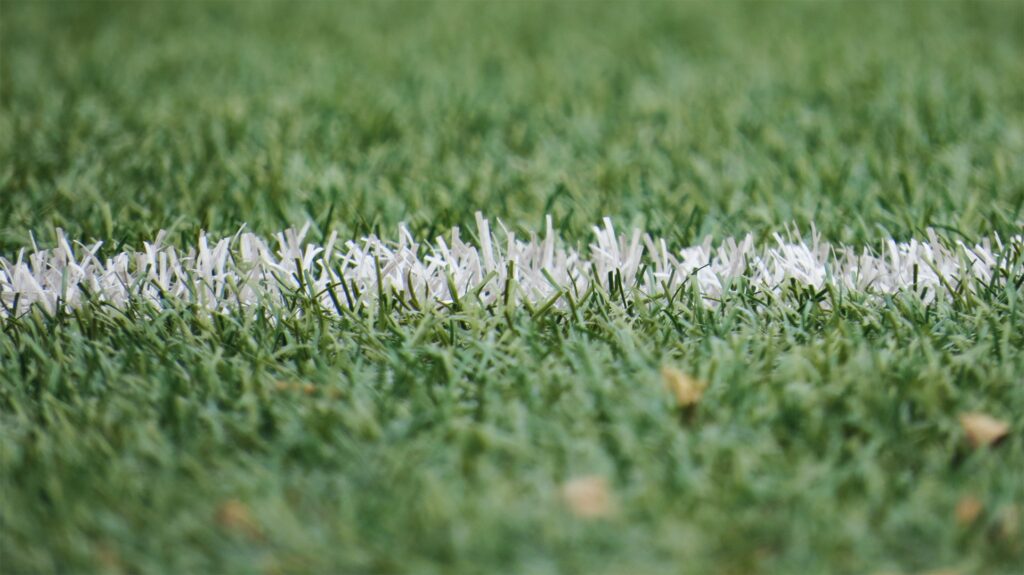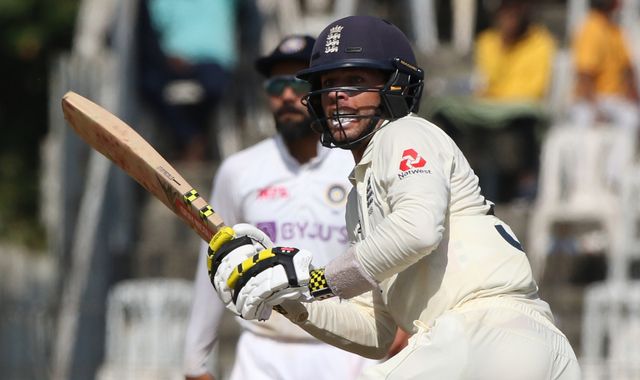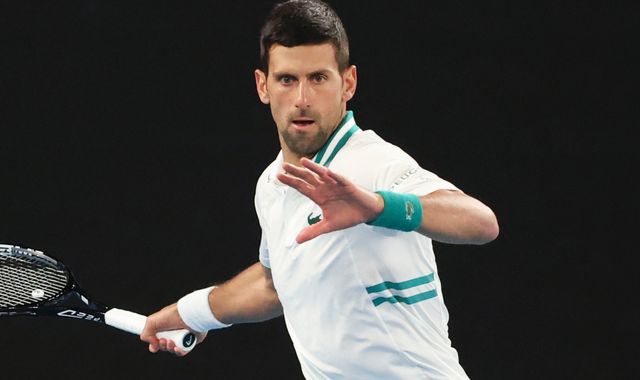Jurgen Klopp’s Borussia Dortmund days remembered ahead of Liverpool reunion
Written by News on 20/07/2018
Liverpool face Borussia Dortmund in the International Champions Cup at the Bank of America Stadium in North Carolina on Sunday.

The clash pits Jurgen Klopp against his former side for only the second time since his departure from the Westfalenstadion in 2015.
So what did he achieve at Dortmund? How is he remembered there? And what’s happened since he left? We take a look back.
What did he achieve?
Klopp had an immediate impact at Dortmund following his appointment in the summer of 2008, taking them to sixth after they finished 13th in the previous campaign. The improvement continued after that, and within four years he had guided them to back to back Bundesliga titles, turning players such as Mats Hummels and Robert Lewandowski into world stars.
Klopp took them to the Champions League final in 2013, where they were narrowly beaten by arch-rivals Bayern Munich, and there were to be no more major trophies after that. Dortmund finished runners-up in the Bundesliga in 2012/13 and 2013/14, and Klopp departed after a seventh-placed finish and a German Cup final defeat to Wolfsburg in 2015.
It was a sad end to his tenure, but it did not overshadow his achievements. Klopp breathed life into Dortmund and into the Bundesliga, defying the odds with their title triumphs and challenging Bayern Munich’s dominance on a consistent basis.
What do they say about him?
Klopp had a special connection with Dortmund fans, who prepared a giant banner reading ‘Danke Jurgen’ (‘Thank you Jurgen’) before his final game at the Westfalenstadion in May 2015, and he was just as popular among players and staff.
Sporting director Michael Zorc: “We have written football history with you, Jurgen. You have given the club much energy and optimism.”
Robert Lewandowski: “As a player you know that he totally has your back, he is like a father figure and, because you have that trust in him as a player, it makes you totally open to his methods and his ideas which, in the long term, you always see are for the benefit of your game and for the team.”
Mario Gotze: “He taught me everything about professional football. At that time, I was just 17 and coming up from the youth team. He introduced me to everything. He let me play.”
Henrikh Mkhitaryan: “I am thankful to Klopp. He worked on my personality and the psychological part. He showed me the way. He supported me and told me I had to keep my head up because good things were coming. He helped me to become a better player.”
Pierre-Emerick Aubameyang: “Klopp gave me strength of character and helped me progress. He’s a charismatic person and I have a lot of respect for this man.”
Neven Subotic: “Klopp was my mentor for nine years. He supported me, encouraged me, had trust in me. With him and Dortmund I had the most amazing time. For that I am forever thankful. He was and is an important person in my life and I owe him a lot.”
What’s happened since?
Dortmund turned to Thomas Tuchel, another manager who had cut his teeth at Mainz, to succeed Klopp. Tuchel reinvigorated Dortmund, but they were pipped to the Bundesliga title by Pep Guardiola’s Bayern Munich and also lost the German Cup final on penalties to the same team in his first season in charge.
Tuchel earned plaudit for maintaining an exciting, attacking style with a focus on young players, but Dortmund slumped to a third-placed finish in the Bundesliga in 2016/17, and the manager departed after guiding them to German Cup glory, beating Eintracht Frankfurt 2-1 in the final.
Dortmund endured a poor season after that, with Tuchel’s replacement Peter Bosz sacked in December 2017 before Peter Stoger took over for the rest of the season. They eventually finished fourth in the Bundesliga, 29 points behind Bayern, and suffered disappointment in both domestic and European cup competitions.
Dortmund have now turned to former Nice manager Lucien Favre, but he has his work to cut out to take them back to the heights they enjoyed under Klopp.
(c) Sky News 2018: Jurgen Klopp’s Borussia Dortmund days remembered ahead of Liverpool reunion







